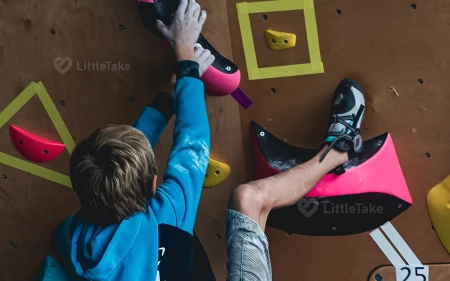
Positive Reinforcement in Parenting
Positive reinforcement is a powerful tool in parenting that encourages desired behaviors and strengthens the parent-child bond. It involves rewarding children when they exhibit positive behaviors or achieve goals. Here are some tips for effectively using positive reinforcement in your parenting:
1. Be specific with praise
When praising your child, be specific about what they did well. For example, instead of saying "Good job," say "I appreciate how you cleaned your room without being asked."
2. Focus on effort, not just results
Celebrate your child's efforts, even if they don't achieve the desired outcome. Acknowledging their hard work encourages persistence and resilience.
3. Use non-material rewards
Positive reinforcement doesn't have to involve tangible rewards. Hugs, high-fives, or a special activity can be just as effective in reinforcing desired behaviors.
4. Be consistent
For positive reinforcement to be effective, it must be consistent. Make sure to regularly acknowledge and reward your child's positive behaviors.
5. Reinforce immediately
Provide positive reinforcement as soon as possible after your child displays the desired behavior. This helps create a strong association between the behavior and the reward.
6. Use a variety of reinforcement techniques
Switch up the types of positive reinforcement you use to keep your child engaged and motivated. This might include verbal praise, physical affection, or special privileges.
7. Avoid using negative reinforcement
Negative reinforcement involves removing something unpleasant when a desired behavior occurs. While it may be effective in the short term, it can lead to negative associations and hinder long-term behavior change.
8. Teach delayed gratification
Help your child understand that sometimes rewards come after consistent effort and patience. This will teach them the importance of persistence and goal-setting.
By incorporating positive reinforcement into your parenting, you can create a nurturing environment that encourages your child to develop positive behaviors, self-esteem, and a strong sense of accomplishment. Remember, consistency is key, and taking the time to praise your child's efforts and successes will go a long way in fostering a positive relationship and helping them grow into confident, well-adjusted individuals.













